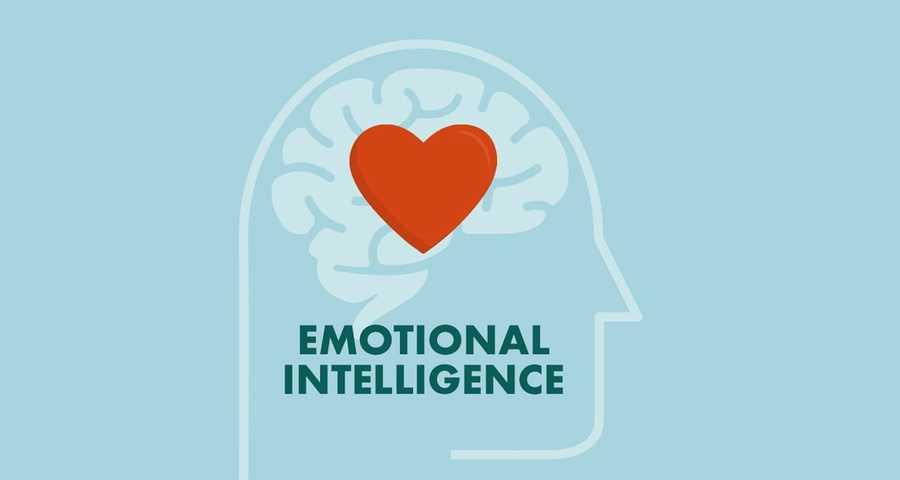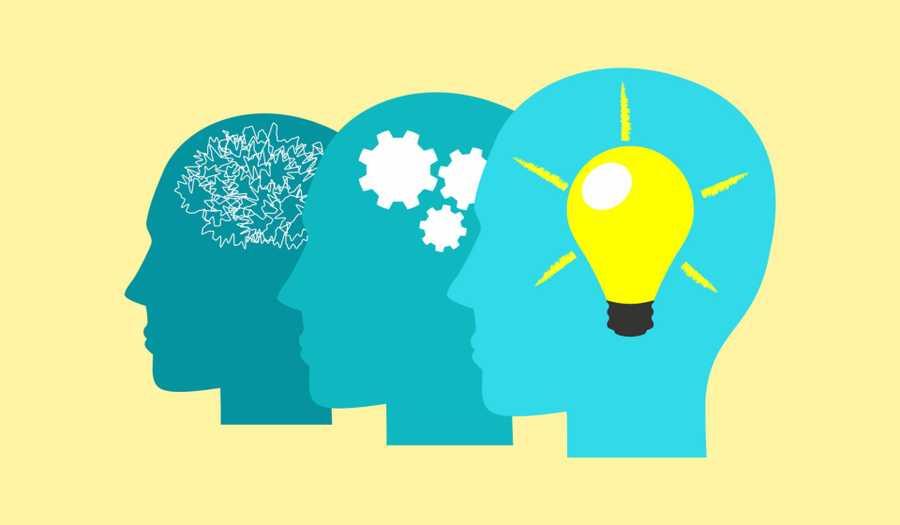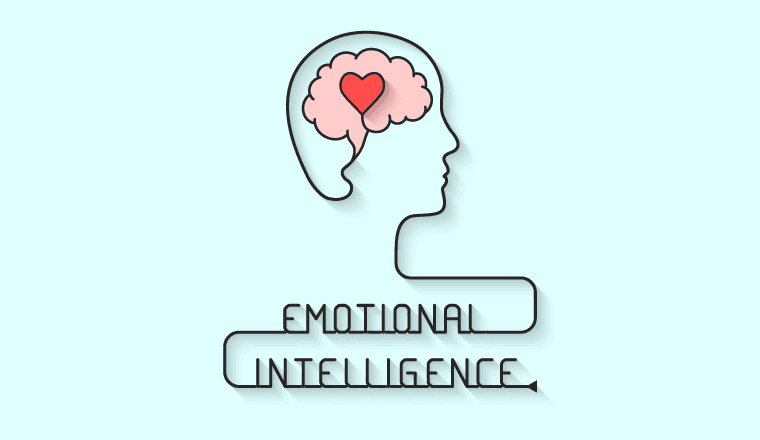Explore the World's Best Ideas
Join today and uncover 100+ curated journeys from 50+ topics. Unlock access to our mobile app with extensive features.
What is emotional intelligence?
Emotional intelligence (EI) refers to the ability to perceive, control, and evaluate emotions. some researchers suggest that emotional intelligence can be learned and strengthened, while others claim it's an inborn characteristic.
The ability to express and control emotions is essential, but so is the ability to understand, interpret, and respond to the emotions of others. Imagine a world in which you could not understand when a friend was feeling sad or when a co-worker was angry.
188
1.09K reads
Components of emotional intelligence
There are four levels of emotional intelligence:
- Perceiving emotions: The first step in understanding emotions is to perceive them accurately. In many cases, this might involve understanding nonverbal signals such as body language and facial expressions.
- Reasoning with emotions: The next step involves using emotions to promote thinking and cognitive activity. Emotions help prioritize what we pay attention and react to; we respond emotionally to things that garner our attention.
- Understanding emotions: The emotions that we perceive can carry a wide variety of meanings. If someone is expressing angry emotions, the observer must interpret the cause of the person's anger and what it could mean. For example, if your boss is acting angry, it might mean that they are dissatisfied with your work, or it could be because they got a speeding ticket on their way to work that morning or that they've been fighting with their partner.
- Managing emotions: The ability to manage emotions effectively is a crucial part of emotional intelligence and the highest level. Regulating emotions and responding appropriately as well as responding to the emotions of others are all important aspects of emotional management.
207
372 reads
Impact of emotional intelligence
interest in teaching and learning social and emotional intelligence has grown the recent years. Social and emotional learning (SEL) programs have become a standard part of the curriculum for many schools.
The goal of these initiatives is not only to improve health and well-being but also to help students succeed academically and prevent bullying. There are many examples of how emotional intelligence can play a role in daily life.
180
578 reads
Think before reacting
Emotional intelligent people might know that emotions can be powerful, but also temporary.
When a highly charged emotional event happens, such as becoming angry with a co-worker, the emotionally intelligent response would be to take some time before responding. This allows everyone to calm their emotions and think more rationally about all the factors surrounding the argument.
197
629 reads
Greater self-awareness
Emotionally intelligent people are not only good at thinking about how other people might feel but they are also adept at understanding their own feelings.
Self-awareness allows people to consider the many different factors that contribute to their emotions.
183
578 reads
Empathy for others
A large part of emotional intelligence is being able to think about and empathize with how other people are feeling. This often involves considering how you would respond if you were in the same situation.
People who have strong emotional intelligence are able to consider the perspectives, experiences, and emotions of other people and use this information to explain why people behave the way that they do.
182
507 reads
how to use emotional intelligence
Emotional intelligence can be used in many different ways in your daily life.
some different ways to practice emotional intelligence include:
- Being able to accept criticism and responsibility
- Being able to move on after making a mistake
- Being able to say no when you need to
- Being able to share your feelings with others
- Being able to solve problems in ways that work for everyone
- Having empathy for other people
- Having great listening skills
- Knowing why you do the things you do
- Not being judgemental of others
221
608 reads
Tips to improve emotional intelligence
- Listen: If you want to understand what other people are feeling, this first step is to pay attention. Take the time to listen to what people are trying to tell you both verbally and non-verbally.
- Empathize: Picking up on emotions is critical, but you also need to be able to put yourself into someone else's shoes in order to truly understand their point of view. Practice empathizing with other people. Imagine how you would feel in their situation. Such activities can help you build an emotional understanding of a specific situation as well as develop stronger emotional skills in the long-term.
- Reflect: The ability to reason with emotions is an important part of emotional intelligence. Consider how your own emotions influence your decisions and behaviors. When you are thinking about how other people respond, assess the role that their emotions play. Why is this person feeling this way? Are there any unseen factors that might be contributing to these feelings? How to your emotions differ from theirs? As you explore such questions, you may find that it becomes easier to understand the role that emotions play in how people think and behave.
190
338 reads
IDEAS CURATED BY
I'm passionate about helping people live their best lives. I'm a lifestyle coach & burnout coach.
Rogier. H's ideas are part of this journey:
Learn more about personaldevelopment with this collection
How to find inspiration in everyday life
How to stay motivated
How to cultivate a positive mindset
Related collections
Similar ideas
18 ideas
7 Habits of Emotionally Intelligent People
verywellmind.com
7 ideas
Habits of Emotionally Intelligent People
verywellmind.com
4 ideas
Emotional Intelligence | SkillsYouNeed
skillsyouneed.com
Read & Learn
20x Faster
without
deepstash
with
deepstash
with
deepstash
Personalized microlearning
—
100+ Learning Journeys
—
Access to 200,000+ ideas
—
Access to the mobile app
—
Unlimited idea saving
—
—
Unlimited history
—
—
Unlimited listening to ideas
—
—
Downloading & offline access
—
—
Supercharge your mind with one idea per day
Enter your email and spend 1 minute every day to learn something new.
I agree to receive email updates







